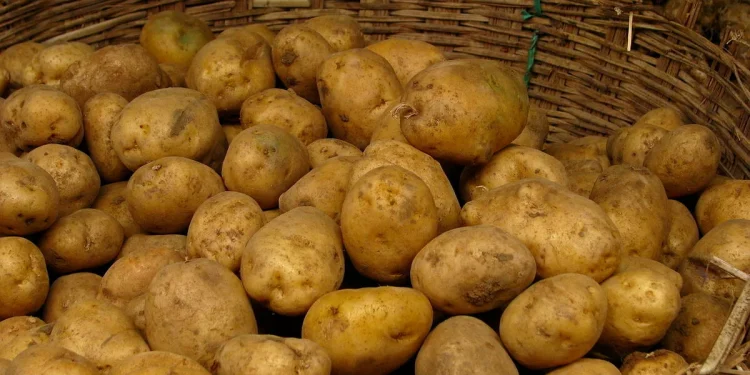New Training Programs and Technology Transfer Aim to Enhance Sweet Potato Farming in Mozambique
The Mozambique Institute of Agricultural Research (IIAM) is spearheading efforts to improve sweet potato cultivation across the country, focusing on enhancing productivity and food security. In a recent initiative, over 100 farmers from the Moamba district in Maputo province received training on advanced cultivation techniques for improved orange and purple-fleshed sweet potato varieties. This program, led by IIAM researcher Milton Tovele from the Umbelúzi Agricultural Station, aims to disseminate innovative farming practices and introduce high-yielding crop varieties.
The training sessions covered critical aspects of sweet potato production, including vine selection, soil management, irrigation, harvesting, and post-harvest treatment. According to Tovele, effective cultivation starts with preparing vines by cutting them into seedlings with three or more nodes, each 30 to 40 centimeters long. These seedlings should be planted 30 centimeters apart to minimize nutrient competition.
Tovele emphasized the importance of proper irrigation management throughout the growing cycle. Initially, the crop requires ample water, but as it approaches harvest, less water is needed to prevent flavor loss and reduce post-harvest spoilage. The resilience of sweet potatoes to pests and diseases, along with their relatively short production cycle of 90 to 120 days for certain varieties, was highlighted as significant advantages. Adhering to this production timeframe is crucial for maintaining high product quality.
This initiative is part of a broader effort to enhance food security in Mozambique by equipping farmers with the knowledge and tools necessary to maximize sweet potato yields and ensure a stable food supply. By adopting these new techniques, farmers are expected to see improvements in both productivity and profitability, contributing to the overall goal of strengthening the country’s agricultural sector.






